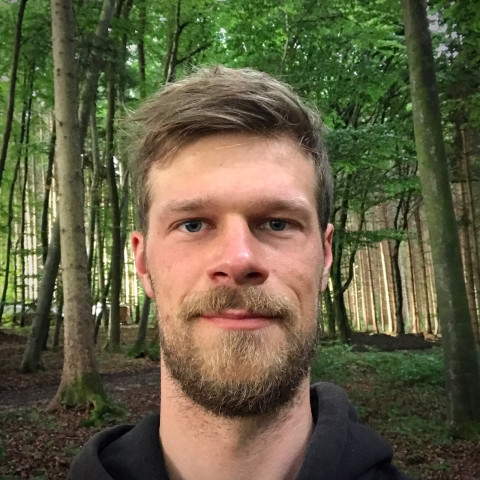Hey,
This week I’ll dedicate the introduction to our environment and what each of us can do to protect it. With the latest studies and official reports out this week, it seems that in order to avoid an irreversible climate change on planet earth we need to act drastically within the next ten years. This rose a couple of doubts and assumptions that I find worth writing about.
One of the arguments I hear often is that I as an individual cannot make any impact and it’s the big companies’ fault. However, we are their consuments and by choosing wiser what we buy and from whom we can change the world. By talking with other people around you, by talking to your company owner about switching to renewable energy we can transform our society and economy to a more sustainable one that doesn’t harm the planet as much. It will be a hard task, of course, but we can’t deny our individual responsibility here. We elect politicians, we decide what companies produce by buying their products.
Finally, I find the most interesting part in here that we managed to nearly destroy our living habitat in only about four generations—thousands of human generations before managed to not do that. Let’s be a bit more responsible again—for our own sake and for our children.
Do not desperate, it’s the least useful thing now and instead share your hope, your willingness to change something, your love to nature. Maybe it’s time to rethink how much things we need—I’ve been thinking about this more often lately. Maybe going out into nature helps us connecting and understanding nature again. Maybe building something with slow methods, trying to understand the materials, the properties of something helps us understanding how valuable the resources we currently have, the entire planet is and what we would lose if we don’t care about our climate now.
UI/UX
- Usually I link to articles but in my opinion, this podcast is important enough to share with you. In this episode, the Nori team elaborates what designers can do to help reversing the climate change. The discussed content can be transferred to developers as well so don’t be afraid to listen desite the title.
JavaScript
- Willian Martins shares the secrets of JavaScript’s
bind()function, a widely unknown operator that is so powerful and allows us to invokethisfrom somewhere else into named, non-anonymous functions. A different way to write JavaScript than using anonymous arrow-functions.
CSS
- Rachel Andrew about what the use cases for Flexbox really are, given that we now have CSS Grid Layout, giving some suggestions for what you might use when and a way to decide.
Work & Life
- Leisure. Do you have a hobby? When was the last time you enjoyed it and had enough time for it? Tim Wu about the problem of how the pursuit of excellence has infiltrated and corrupted the world of leisure.
Go beyond…
- In the Netherlands, there’s now a legal basis that prescribes CO2 emissions to be cut by 25% by 2020 (that’s just a bit more than one year from now on). I love the idea and hope other countries let themselves inspire by that, for example Germany which currently shifts their emission cut goals farer and farer into future—even beyond the ten years we’re given now by the United Nation’s research.
- David Wolpert about why computers use so much energy and how it’d be possible to make them vastly more efficient, but for that to happen we need to better understand the thermodynamics of computing.
Anselm
